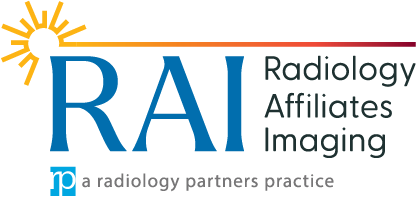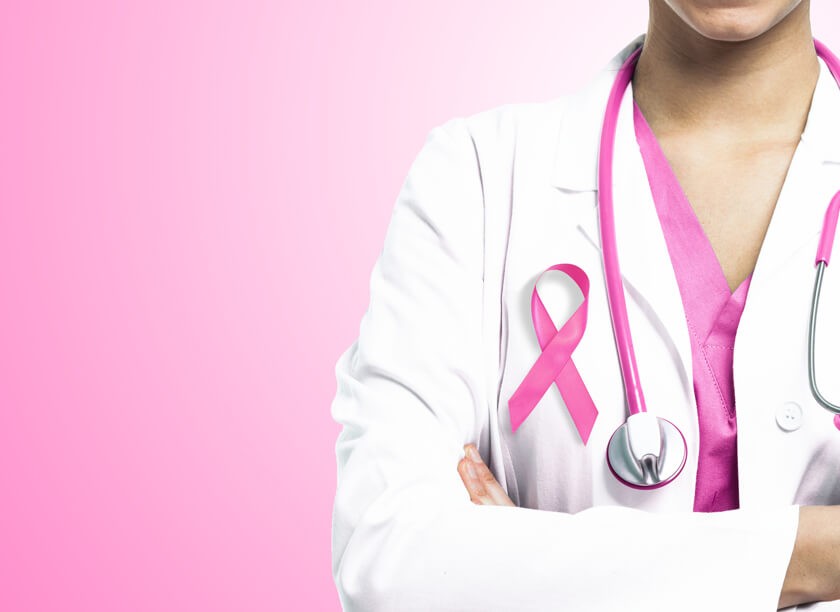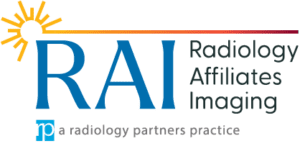
3D Mammography Provides Special Benefits for Older Women

Mammography is an effective breast cancer screening method for women ages 65 and older, but the results of a new study show that older women benefit significantly with the addition of a three-dimensional (3D) technique, known as tomosynthesis.
The American Cancer Society says that doctors will diagnose more than 268,00 new cases of invasive breast cancer in 2019. Invasive breast cancer means that the cancer cells have invaded, or spread to, the nearby breast tissue. Clinicians will diagnose another 62,930 new cases of the earliest and non-invasive form of breast cancer, known as carcinoma in situ, in 2019.
Aside from some types of skin cancer, breast cancer is the most common type of cancer in women. Breast cancer is the second leading cause of cancer-related deaths in the nation – only lung cancer kills more women each year. The risk of breast cancer increases with age.
Death rates from breast cancer fell 40 percent from 1989 to 2016, largely due to better treatments and screenings. Improved mammography techniques play a large role in the reduced mortality rate associated with breast cancer. Detection with digital two-dimensional (2D) mammography effectively reduces breast cancer-related mortality early, when cancer is most treatable. The results of the new study suggest that using 3D mammograms in addition to 2D mammograms may have special benefit, especially for older women.
3D mammograms are similar to 2D mammograms in that both use x-rays to produce images of breast tissue to help doctors detect tumors, lumps or other abnormalities of the breast. 3D mammograms create multiple “slices” of breast tissue to produce three-dimensional digital images. The radiologist can view each slice one image at a time, somewhat like turning pages in a book.
The U.S. Food and Drug Administration (FDA) approved 3D mammography for breast cancer screening in 2011. In the years since, doctors have widely adopted its use as an addition to digital mammography.
Despite advances in technology, medical professionals debate the benefits of breast cancer screening in older women. The U.S. Preventive Services Task Force recommends screening with mammography only until the age of 74, for example, while the American College of Radiology and other medical organizations do not recommend stopping breast cancer screenings simply based on age.
Study Shows Benefits of 3D Mammography for Older Women
Researchers at Massachusetts General Hospital wanted to know more about the benefits of screening mammography in women ages 65 and older, and to understand if performing tomosynthesis would be beneficial in this group. The scientists compared mammograms from more than 15,000 women who had undergone 2D digital mammograms from March 2008 to February 2011 with those of more than 20,000 women who had undergone 3D mammography from January 2013 to December 2015.
The researchers compared the cancer detection rate, along with the number of false-positive and false-negative results between 2D and 3D mammography. They looked at positive predictive value, which is the probability that women who receive a positive screening result will actually have breast cancer. The scientists also compared specificity, which is the ability to distinguish cancer from benign tissue.
The researchers found that, while both types of mammograms were highly effective at detecting breast cancer, tomosynthesis had some advantages over digital mammography. 3D mammography produced fewer false-positive examinations, for example. The 3D mammography also had a higher positive predictive value and higher specificity than 2D mammography. In other words, 3D mammography had better overall results.
“We’ve shown that screening mammography performs well in older women, with high cancer detection rates and low false-positives, and that tomosynthesis leads to even better performance than conventional 2D mammography,” said the lead author Manisha Bahl, M.D., M.P.H., in a press release. “For example, the abnormal interpretation rate, which is the percentage of women who are called back for additional imaging after a screening mammogram, is lower with tomosynthesis than with conventional 2D mammography. We also found that fewer cancers detected with tomosynthesis were lymph node-positive, suggesting that we are detecting cancers at an earlier stage. Detecting breast cancers at an early stage is the goal of screening mammography.”
The results of the study, published in the medical journal Radiology, do not support a specific cutoff age for mammography screening. Instead, the guidelines for screening in women over the age of 65 should reflect personal preferences, life expectancy and health status instead of focusing just on age.
“Our research demonstrates that screening mammography and tomosynthesis perform well in older women with regard to cancer detection and false-positives,” Dr. Bahl said. “So, if a woman is healthy and would want her cancer to be treated if it were detected, then she should continue screening.”
The researchers predict that the combination of digital mammography and 3D mammography will someday be the standard for screening at all medical practices. Because medical scientists are still discovering the benefits of 3D mammography, more research is necessary to determine the technology’s full effects on long-term patient outcomes.




